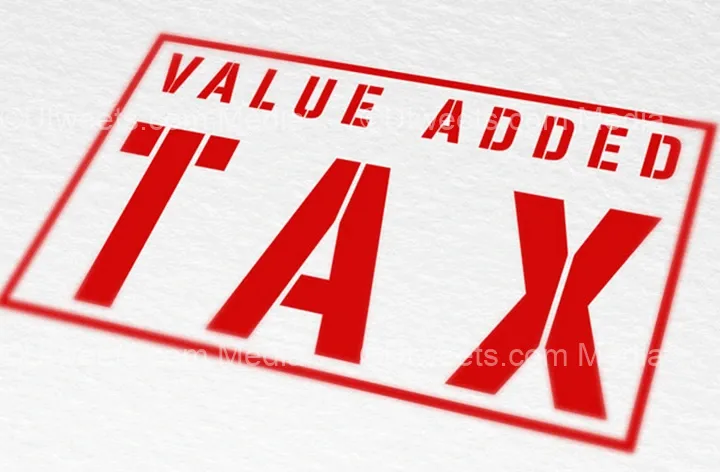:18+ 3:01 M!nutes w4tch|download H0t $ex t4pe as another Equatorial Guinea man released videos.When President Bola Ahmed Tinubu established the Presidential Fiscal Policy and Tax Reform Committee (PFPTRC) in July 2023, there was widespread optimism that long-standing concerns about Nigeria’s tax system would finally be addressed. At the committee’s inauguration, the president made a significant declaration: “We cannot continue to tax poverty when we are supposed to promote prosperity.” This resonated with many Nigerians, particularly those advocating for tax reforms to boost economic growth and prosperity. ...Tap To Read The Full Story Here | ..Tap To Read The Full Story Here...
The committee, following its formation, revealed ambitious plans to overhaul the country’s tax regime. Its goal was to reduce the number of taxes levied by federal and state governments from over 60 to fewer than 10. Additionally, the committee proposed replacing the National Tax Policy with a more comprehensive framework: the “National Fiscal Policy on Fair Taxation, Responsible Borrowing, and Sustainable Spending.” These reforms were seen as crucial to restructuring Nigeria’s fiscal architecture.
The reform package includes four major bills: The Nigerian Tax Administration Bill 2024, The Nigerian Revenue Service (Establishment) Bill 2024, The Joint Revenue Board of Nigeria (Establishment) Bill 2024, and The Nigerian Tax Bill 2024. These bills aim to reform the Federal Inland Revenue Service (FIRS), streamline tax administration, improve compliance, curb tax evasion, and ensure better cooperation between federal and state revenue authorities.
However, controversy erupted in late October 2023 when several northern leaders, including governors and emirs, strongly opposed the bills. On October 29, media reports highlighted the rejection of the tax reform bills by the northern governors, who expressed concerns about the proposed changes, particularly regarding the distribution of Value Added Tax (VAT). The League of Northern Democrats (LND) also voiced its opposition, arguing that the bills would harm the northern states’ interests, particularly the proposed shift to a derivative-based VAT model. Under this model, VAT would be collected based on where goods and services are consumed, rather than where companies are headquartered.
The disagreement escalated quickly. On November 1, the National Economic Council (NEC), chaired by Vice President Kashim Shettima, called for the withdrawal of the proposed bills. However, the following day, President Tinubu rejected the NEC’s recommendation, urging the group to allow the bills to proceed through the legislative process, while emphasizing the opportunity for modifications.
The main point of contention remains VAT. The Nigerian Tax Bill proposes major changes, including the inclusion of VAT on the Exclusive Legislative List, adjustments to the VAT sharing formula, electronic invoicing, fiscalization, and full input VAT deductions on goods and services. The bills also propose zero-rating VAT on essential goods like food, medicine, and basic education. These changes are seen as both progressive and contentious.
One of the most debated aspects of the proposed reform is the VAT distribution formula. Currently, VAT is shared between the federal, state, and local governments, with the federal government receiving 15%, states 50%, and local governments 35%. However, the reform seeks to adjust the distribution: 10% to the federal government, 55% to the states (with 60% of the state’s share distributed based on derivation), and 35% to local governments. This shift would favor states where consumption occurs, potentially benefiting wealthier states like Lagos, which generate a significant amount of VAT revenue, while reducing the share of poorer, less developed states in the north.
Borno State Governor, Professor Babagana Umara Zulum, has vocally opposed the reform, arguing that it would devastate the northern region’s economy while disproportionately benefiting Lagos State. Zulum expressed concerns over the haste with which the reform is being pushed, suggesting that it should be subjected to more deliberation and public debate. Senator Muhammad Tahir Monguno echoed this sentiment, supporting certain aspects of the bills but calling for greater public consultation.
Taiwo Oyedele, Chairman of the PFPTRC, defended the reform, explaining that the changes to VAT distribution would make the system fairer by ensuring that states contributing to consumption would receive a larger share of VAT revenues. He also highlighted tax exemptions for small businesses, minimum wage earners, and essential services like food, healthcare, and education.
Despite these assurances, the reform continues to face strong opposition, particularly from northern states. The concerns of northern governors and local officials have raised important questions: How can the proposed reforms be adjusted to ensure no region is unfairly disadvantaged? How can VAT be more equitably distributed, considering regional disparities in consumption and production?.…Read -T.he.Full_Article.Here.
These issues remain unresolved, and the tension surrounding the tax reform suggests that a broader, nationwide consultation may be necessary to achieve a compromise that benefits all regions and ensures the sustainability of Nigeria’s tax system. The outcome of this debate will have significant implications for Nigeria’s fiscal future.:18+ 3:01 M!nutes w4tch|download H0t $ex t4pe as another Equatorial Guinea man released videos.



